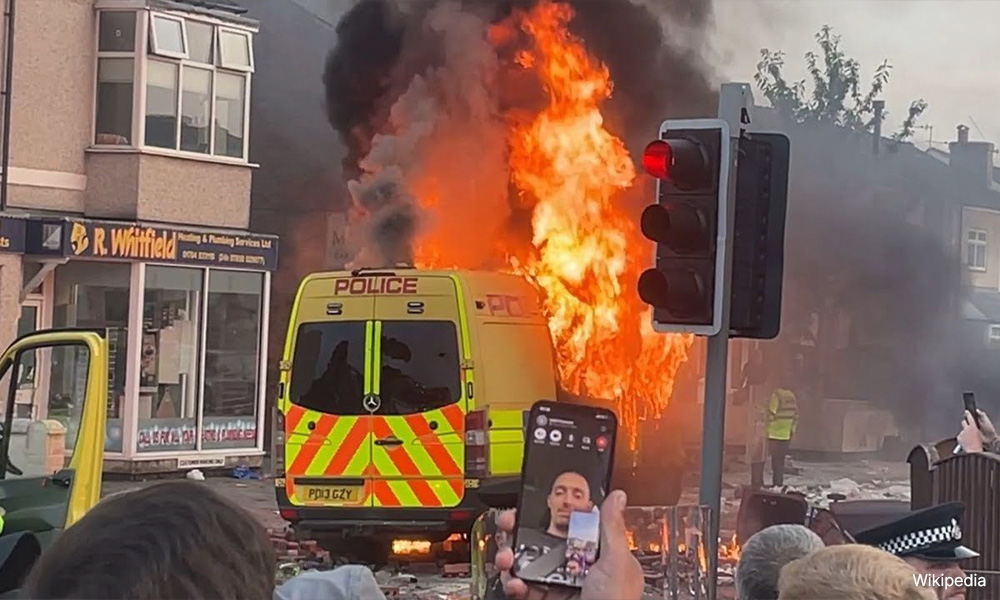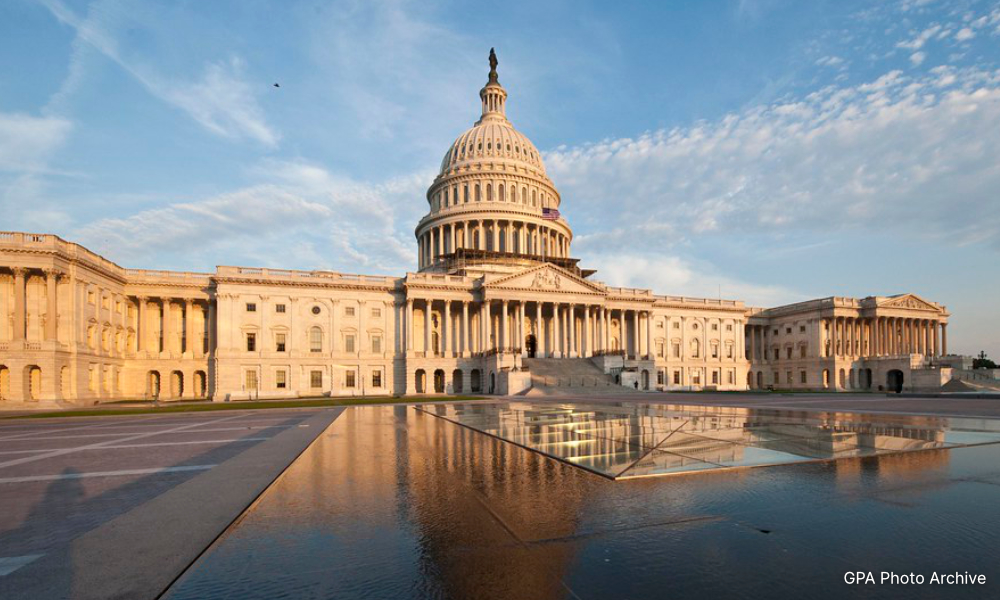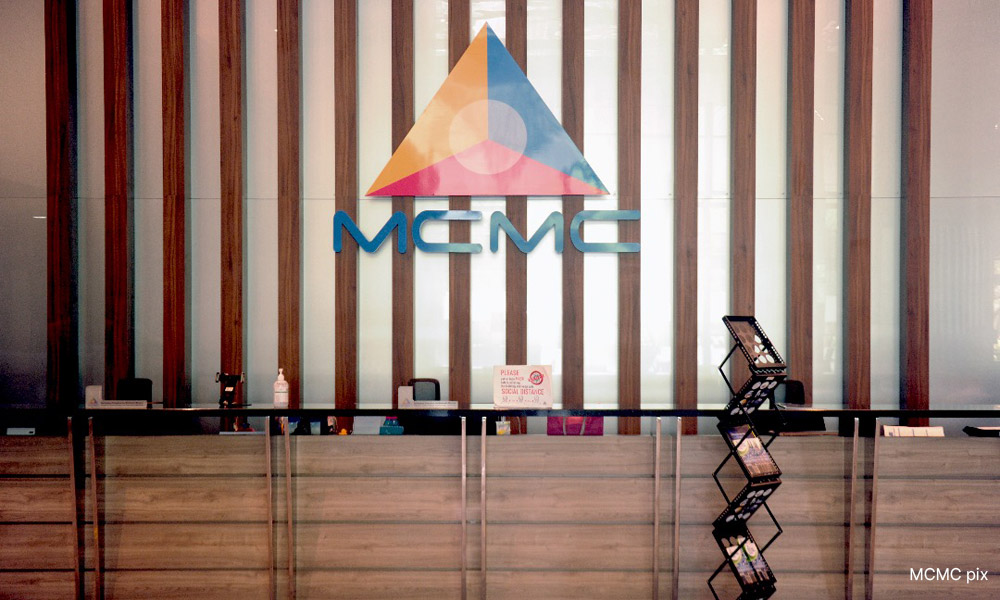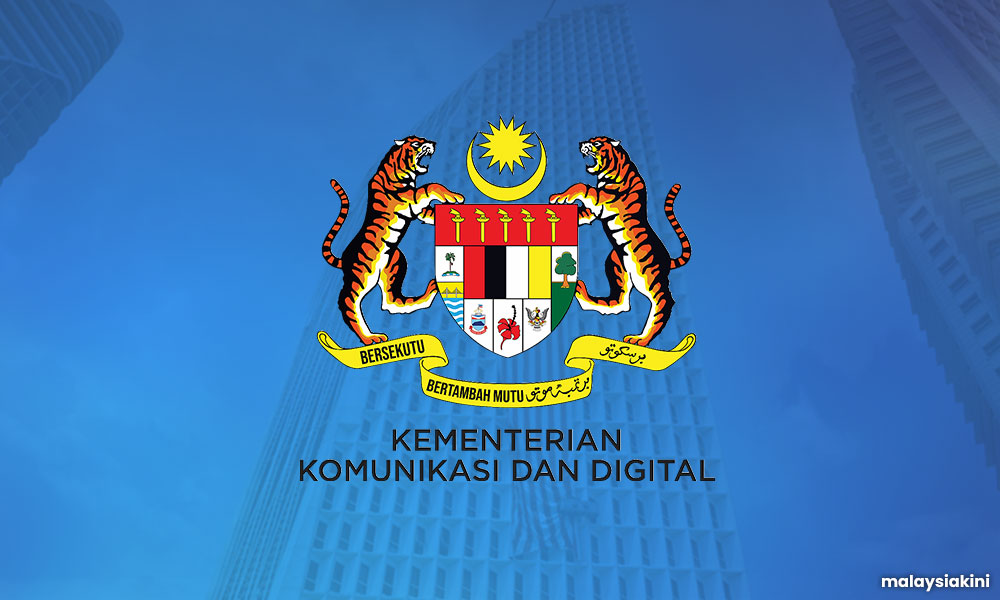Recent reports have highlighted the extensive involvement of foreign deep-state entities in leveraging social media platforms to influence public sentiment towards particular political figures or to incite the removal of democratically elected administrations.
This trend presents considerable apprehensions. The interference in electoral mechanisms or governmental frameworks indicates a substantial threat to national security.
These activities may be regarded as a manifestation of neo-colonialism, potentially resulting in diverse and significant repercussions for any affected nation.
Social media and riots
Social media significantly influences contemporary riots and civil disturbances, serving both to escalate and alleviate tensions based on its application.
The rapid dissemination of misinformation on these platforms can exacerbate conflicts and incite violence, a pertinent example being the recent riots in the UK, which were partially driven by erroneous claims regarding an assailant’s identity.

Moreover, social media serves as a powerful tool for organising protests and mobilising individuals swiftly, as demonstrated during the Capitol riots in the United States, where it was instrumental in coordinating participants’ actions.
Additionally, these platforms often foster echo chambers, wherein users predominantly encounter information that reinforces their pre-existing views, potentially deepening societal divides and prompting more radical behaviours.
Despite ongoing initiatives by social media companies to combat misinformation, significant obstacles persist. For instance, Facebook has been criticised for its inadequate measures to effectively monitor and regulate content on its platform.
Still, the influence of prominent individuals and public figures on social media can profoundly shape public opinion and behaviour, as evidenced during the UK riots, where the posts of key influencers played a role in escalating the situation.
A comprehensive understanding of the interplay between social media and riots is essential for formulating effective strategies to manage and mitigate such occurrences.
Influencers
Influencers possess the capacity to significantly affect riots and civil unrest due to their extensive followings and the trust their audiences place in them.
They can rapidly disseminate information to a broad audience, which can be advantageous if the information shared is accurate; however, it can also be detrimental if misinformation or provocative content is propagated.
A pertinent example is the Capitol riots in the US, where certain influencers circulated false allegations regarding election fraud, thereby exacerbating the unrest.

Moreover, influencers have the ability to galvanise their followers into action, whether that involves participating in protests or engaging in various forms of activism.
Their calls to action can result in substantial turnout and increased activity in the field.
Additionally, influencers often play a crucial role in shaping the narrative surrounding events. Their viewpoints can influence how their followers interpret situations, potentially heightening tensions if they endorse divisive or extreme perspectives.
Furthermore, influencers can foster the development of echo chambers wherein their followers predominantly encounter information that aligns with their pre-existing beliefs.
This phenomenon can reinforce established views and hinder the consideration of alternative perspectives. When influencers advocate for specific issues, they can confer legitimacy upon certain causes or movements.
This can be beneficial when promoting justice and reform; however, it can also validate harmful actions if the influencer endorses violence or illegal behaviour.
Conversely, influencers can also contribute to de-escalating tensions. By advocating for peaceful protests and denouncing violence, they can assist in calming volatile situations and fostering constructive dialogue.
Malaysia
The Malaysian government is actively pursuing the regulation of social media to mitigate various online threats while striving to maintain freedom of expression.
The Malaysian Communications and Multimedia Commission (MCMC) has established a new regulatory framework mandating that social media and internet messaging platforms with more than eight million Malaysian users secure a licence.

This initiative is designed to combat online scams, cyberbullying, and the dissemination of child sexual abuse material.
Besides, the government is in the process of formulating a new law aimed at regulating the behaviour of social media companies and their users.
This legislation seeks to enhance accountability and compliance among social media platforms, ensuring they adopt proactive measures to address harmful content.
A significant discourse is ongoing regarding the most effective method for regulating social media.
Platforms such as TikTok have proposed self-regulation, contending that a cooperative effort is essential to distinguish between propaganda, misinformation, and disinformation without encroaching on freedom of expression.
In conjunction with the introduction of new regulations, the government is also revising existing legal provisions to more effectively tackle the challenges presented by social media.
This includes updating the Communications and Multimedia Act of 1998 to align with contemporary digital realities.
The government has been engaging with social media companies and the public in the drafting of these regulations. This collaborative strategy aims to establish a balanced framework that safeguards users while honouring freedom of speech.

These initiatives exemplify Malaysia’s commitment to fostering a safer online environment while addressing the complexities inherent in digital governance.
There is an ongoing discourse regarding the necessity of regulating social media to mitigate its potential for misuse during critical events such as the above-mentioned riots in the UK and the US.
Some contend that the influence of social media in inciting violence is exaggerated, asserting that the root causes of unrest lie in deeper social and political issues.
The second segment of this article will explore the implications of international law governing social media and propose recommendations to address these challenges. - Mkini
R PANEIR SELVAM is the principal consultant of Arunachala Research & Consultancy Sdn Bhd, a think tank specialising in strategic national and geo-political matters.
The views expressed here are those of the author/contributor and do not necessarily represent the views of MMKtT.




No comments:
Post a Comment
Note: Only a member of this blog may post a comment.